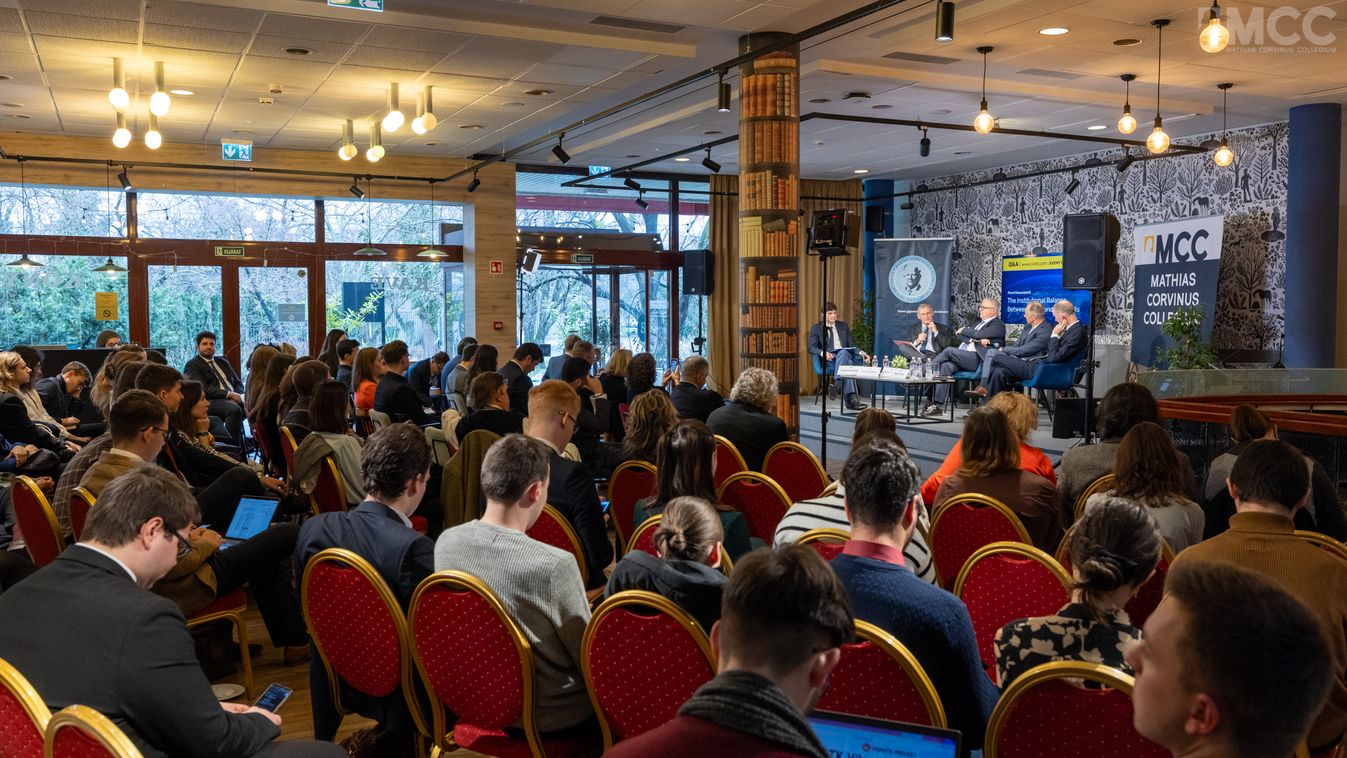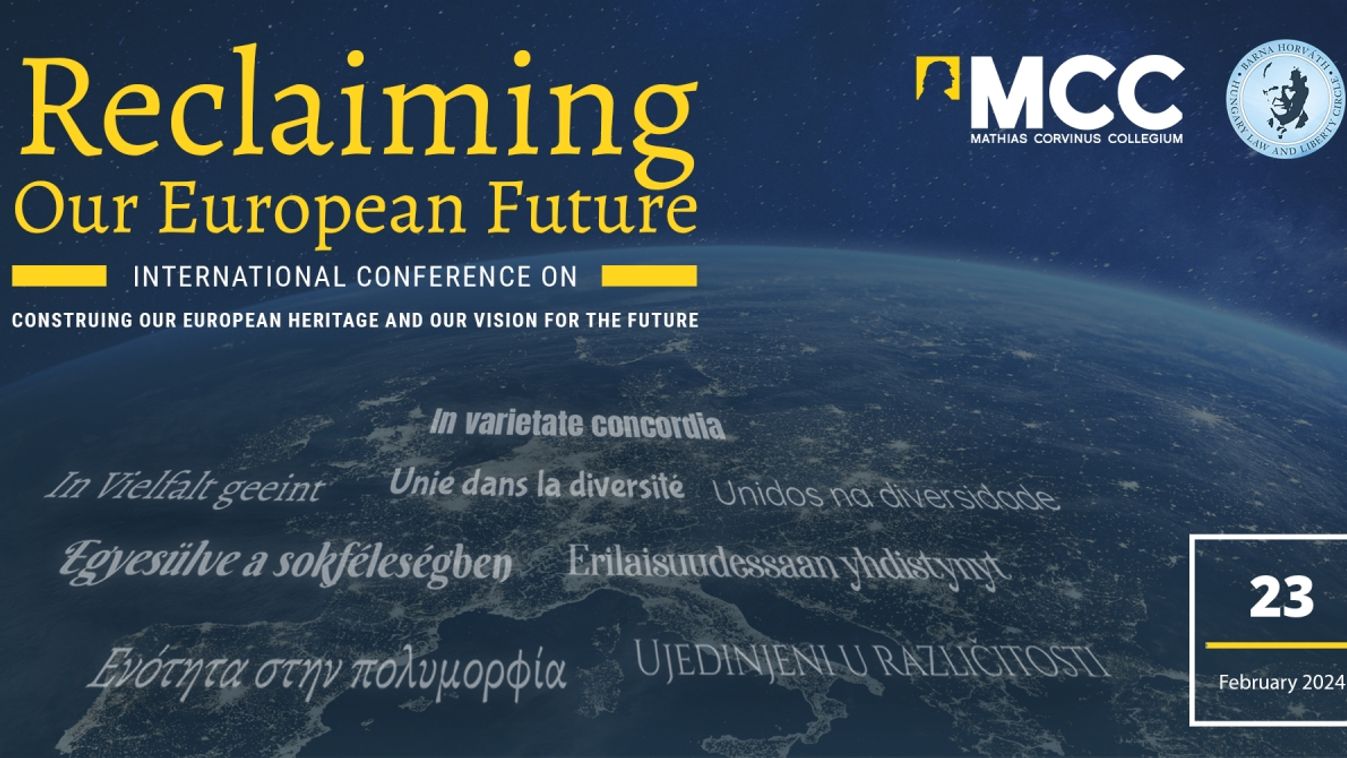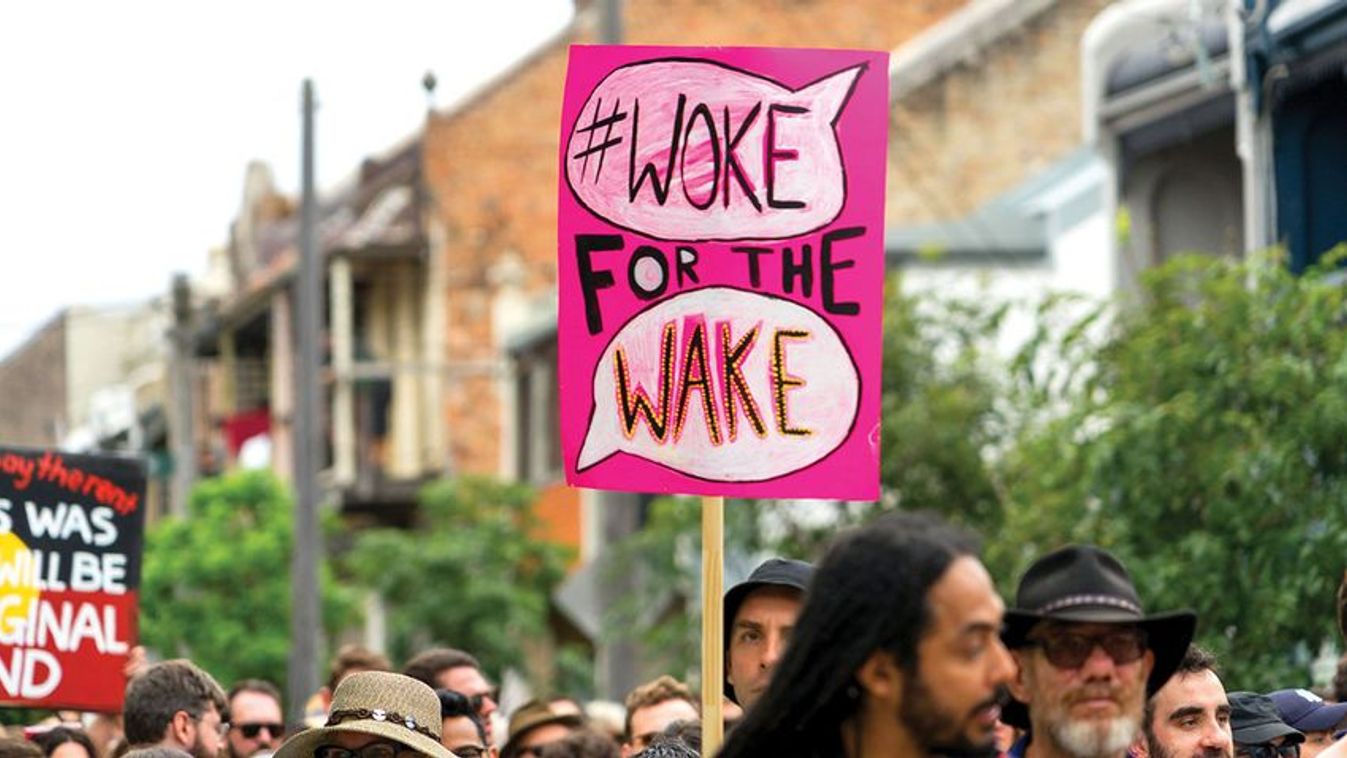Robert MCCORQUODALE is a professor of international law and former Head of the School of Law at the University of Nottingham and also former Director of the British Institute of International and Comparative Law in London. Before embarking on an academic career, he worked as a qualified lawyer in commercial litigation with leading law firms in Sydney and London. Robert’s research and teaching interests are in the areas of public international law and human rights law.
For historical reasons, we tend to think that human rights are designed to impose a limit only on the states’ regulatory reach. However, this turns out to be misleading, especially in light of the emergence of economic and information globalization. Can you shed some light on the various new threats to basic human rights of the current era?
Historically, human rights was about the protection of the oppressed against abusive power. This could be protection from any form of power: government power, economic power, social power, cultural power and many other powers. Yet, over time, most national constitutions tended to focus purely on the abusive power of the political entities. International human rights law replicated this concept and made it even more about the binary between the state and the individual. So the focus of human rights became the state and state power.
However, for many people around the world, especially in developing countries, the main form of abusive power about which they are affected on a regular basis is that of corporate power. They are working for a company or in a factory, they are producing certain goods for a company or they are affected by the outputs of that company much more than by the state, as the state is often quite distant for them. At the end of the last century,
it became clear that the corporations are acting in such a way that they are having significant human rights impacts.
This type of threat to human rights has been in existence for some time but they have increased in scope and impacts through the emergence of globalization and the development of technology.
What, in your view, are the new threats to human rights that the information technology brings about?
Information technology has significant advantages for many people across the world in terms of access to communication and information. However, there are very many people who do not have this access at all due to lack of infrastructure, poverty, discrimination, etc. There is a significant digital divide. Many companies do not recognise this when they operate in those locations. For example, I know of a company which had a grievance mechanism for human rights and environmental disputes but it was only available for those with an internet access, which very few people had in that location.
There are increased threats to human rights, such as liberty and security of the person, freedom of expression, freedom from discrimination, access to health and education, which can occur with information technology.
In some instances, it can be a threat to life if a person’s internet searches and social media are accessed by state or corporate surveillance.
There have been repeated but mostly failed attempts to regulate transnational businesses in international law from the perspective of human rights. Why in your view does the international treaty making process on transnational businesses turn out to be so cumbersome?
This is a fair question, because there have been several examples of attempted international regulation, such as the Transnational Corporation Norms, which would have conferred similar obligations on corporations as states have under international human rights law. There are a few reasons why it is difficult to create such international rules. The starting point is that
the host state often has significantly less economic power than the corporation itself.
For example, I know that the environmental and human rights impacts of mining companies operating in a developing country, led to many complaints brought by the people of that country. What happened was that the government of that country changed their laws - due to economic income considerations and corporate pressure - in order to prevent their own people from bringing claims against multinational corporations. So a host state is often not in a position to bring in any necessary regulations and is also nervous about international regulation that might operate as a disincentive on corporations from investing in that state. While there are some good self-regulations by companies and industry sectors, generally self-regulation can be flawed and does not provide effective remedies for victims.
What about the home state of the transnational corporation?
The home state gains significant benefits in terms of the income, employment prestige and power that the multinational coporations bring in that home state. Therefore, the home state is not likely to be willing to enact regulations nor is it really interested in bringing about international regulation. However, the civil society in the home state (and host state) can place pressure on a state to act.
There is a relatively new tool, being the United Nations Guiding Principles on Business and Human Rights (UNGPs) that was adopted in 2011. What is your view on this international soft law instrument that aims to protect against business related human rights abuses?
What John Ruggie and his team did was extraordinary in crafting the UNGPs. They managed to engage with a wide range of stakeholders through consultations and consensus making. Of course, the UNGPs is not perfect but they were very clever in the use of familiar terms to companies as well as to states which made the UNGPs feel less threatening. First of all,the UNGPs clarify that states do have international legal obligations with regard to the regulation of corporations where their activities have human rights impacts. Disappointingly, the UNGPs do not take the next step in stating that the duty of the state to protect human rights should also include the extraterritorial impacts of corporate operations where those operations occur in the home state and the human rights impacts are in other states. Yet, I think that the UNGPs is clever in stating that corporations have a responsibility to respect human rights, even though this terminology is slightly confusing since the term “responsibility” normally has legal content even though the team were trying not to give a legal content to it. In addition, the UNGPs uses the terminology of “due diligence”, which was a well-known term in business contexts. Yet in the UNGPs, the “due diligence” is different from business due diligence, as it is “human rights due diligence”, and therefore its starting point is the risk to the victims of human rights abuses by companies. The risk to the business is only as a consequence of the consideration of the risk to the victims and potential victims. Last but not least, the recognition in the UNGPs of access to an effective remedy by victims, which encompasses both state and non-state mechanisms, is a great achievement. Unfortunately, this third pillar has been too often overlooked to date.
What are in your view the overall shortcomings of the UNGP?
Despite their statements, states have not really taken the UNGPs forward in regulatory terms. Even though there are about 25 National Action Plans on Business and Human Rights, in fact very few of them provide concrete outcomes or remedies. I think that the UNGPs does offer a soft law framework, which is very helpful as authoritative guidance, but this framework has not been taken up by enough regulation with enforcement aspects. There are other international soft law instruments that embrace the concept of “human rights due diligence”, such as the Equator Principles and the very good OECD Guidance on Responsible Business Conduct, but without any mandatory enforcement and remedies.
You mentioned the lack of the obligation for extraterritorial regulation of states to impose requirements on their businesses as one of the shortcomings of the UNGP. How do you see the states’ practices in this regard? Can it evolve into an international customary law?
This is a great question. Let’s take the example of competition law. Almost every single national competition law authority does not just look at the activities of the particular entity that is incorporated in their states but also looks at how it interacts with other entities beyond their own state boundries. Similarly, consumer protection also considers certain aspects beyond the state bounderies. So it is quite common to have some extraterritorial (or, perhaps better called “transnational”) effects considered in national laws and therefore in state practices. In the specific area of corporate responsibility for human rights, there is a range of national and regional legislation which include regulation of the national corporations in their activities in other states with human rights impacts, such as the UK’s Modern Slavery Act, the French Duty of Vigilance Act and California’s Transparency in Supply Chains Act. Over time and with further regulation across the world, this could become customary international law.
There is a renewed effort to draw up a legally binding treaty on transnational corporations and other business enterprises with respect to human rights. Do you think that the treaty should recognize transnational corporations as having international legal obligations?
I think that “participation” by various actors is the best way of examining the international legal system rather than through using “subjects” and “objects”. For example, armed groups do participate in international humanitarian law. I think corporations are already participants in the international legal system. The area of international investment law is largely about the relations and international dispute resolution between corporations and states. Similarly, in international trade law, although it is still state-centric, the states are often acting on behalf of large corporations. Whether the corporations are participants in human rights law is a different issue. I think that it would be open to the treaty to set out direct international legal responsibilities on corporations but the current draft text does not include it, since many states were not happy with this idea.
How in your view should this treaty address the current shortcomings of the protection of human rights in the era of economic and information globalization? What should be the key components of such a treaty?
I have been involved as an expert in much of the UN discussion about this treaty so far. I think the reason why there is a renewed effort for a treaty is because the recognition of the UNGPs by themselves is not leading to effective regulatory actions in most states, and has led to civil society pressure for a treaty. However, different states have quite different viewpoints on this particular treaty and its draft texts have changed to quite a large extent since the initial conception. Some states oppose it simply in principle, while others are keen on it but nervous about what it might mean to their own companies. So my suggestion at this stage is that there should be support for consideration of the developments of the treaty but not to see it as the only form of regulation in this area. The treaty can then build on these other regulations as well. For example, there are some recent national regulation, such as France’s Duty of Vigilance Act, the Dutch Child Labour Due Diligence Act, and the United Kingdom has the Modern Slavery Act, which provide for regulation in this area. Finland and Switzerland are also actively considering national laws on mandatory due diligence and there are many other proposals across other states. So there are more and more national legislation in this area and, on top of that, the European Union has recently said that it is just a matter of time before the European Union will introduce such regulation. I think these national and regional developments will affect and influence the universal treaty making efforts. At the same time, more engagement is necessary, so I encourage both states and companies to engage in this treaty making process. There are a surprisingly large number of corporations who actually want international (and national and regional) regulation. They acknowledge it is in their interests to have legal certainty, regulation and the clarification of their obligations with regard to human rights.
How do you see the emergence of information globalization along with the large Internet companies? Can a “one-size-fits-all” approach be used for transnational corporations and large tech companies in terms of human rights regulation?
I think that there are two points. First, one size does not necessarly fit all. The UNGPs, the draft treaty and the national laws all tend to create some kind of threshold before a company has specific legal obligations in this area. For example, the threshold of the French law is the number of employees of a company (including its international operations), while in the United Kingdom’s law the threshold is the turnover of the company. The UNGPs requires the consideration of the size, the sector and the activities of the company in determining which is relevant for its application. On the other hand, with regard to information globalization, I would say the approach should be the same to some extent. So, in terms of ordinary companies who are using Artificial Intelligence or some form of information gathering for consumer purposes, they have an obligation to use this technology in line with human rights requirements. However, as far as the large information gathering companies are concerned, I think the hard question is always jurisdictional.
In a world where states mainly have jurisdiction only over activities within their territories, it is very difficult to create obligations for companies which cross borders.
However, I think it is feasible and possible. Interestingly, many of these tech companies want regulation in this area, so that they can have legal clarity. The international treaty making effort, and other regulation, offers exactly this opportunity to enable clarity about the human rights obligations of such technological companies.
How do you see the perspective of the extraterritorial regulations of large tech companies?
The regulation of large tech companies does not need to be different from the regulation of any company. The state/s where the tech company is incorporated, registered, domiciled, headquartered or has its main place of business, can regulate it. This regulation can extend to the activities of its subsidiaries and other linked operations in other states, just as the various national corporate law can do for group operations of a transnational corporation. In addition, its activities that have effects in other states, such as environmental pollution, can create duties on the company, as seen in a recent UK case (Vedanta v. Lungowe), and in the reach of national legislation, such as the French Duty of Vigilance Act. It might require specific legislation for large tech companies, so as to be clear about the balance of rights such as freedom of expression and the legitimate limitations and protections on this right.
Above all, the rapid developments in the field of business and human rights are such as to indicate that every company needs to be aware of the likely legal consequences of their activities that cause or contribute to human rights and environmental (including climate change) impacts, wherever they occur.
At the moment the regulation of them and the remedies available to victims are not yet widespread,
yet I expect them to begin to be in place in the coming decades.






















